As an increasing number of schools set up virtual classrooms, the regular lecture sessions are giving way to interactive audio-visual simulations of textbooks.
An increasing number of institutions are using technology to make learning interesting
MUMBAI: As an increasing number of schools set up virtual classrooms, the regular lecture sessions are giving way to interactive audio-visual simulations of textbooks. With the help of e-books, most private and aided schools have introduced a new vigour into the classroom in order to keep students engaged in their lessons.
Recently, Navneet publications launched its e-book for English- and Marathi-medium students based on the state board syllabus. The e-books have animated characters and a background narration that helps the teacher explain the subject better. “These audio-visual books help us break rote learning and make dry subjects, such as history, interesting,” said Seema Buch, principal, Gundecha Education Academy, Kandivili.
VN Sule Guruji at Dadar, a state board school, is one example of a government-aided school getting tech savvy. “We have a digital laboratory and virtual classrooms. We want to have one computer per student. However, the cost of the equipment has deterred us from getting other technologies,” said Sucheta Bhawalkar, headmistress of the school.
Experts predict that over the next three years, the cost of technology will drop. “Just like cellphones, the cost is bound to come down. Soon, students will learn through e-books and give exams online,” said Srikanth Iyer, CEO, Edurite, an organisation that creates course material for CBSE and ICSE schools on CD.
Apart from utilising technology as a teaching aid, schools and colleges are using it to enhance their administrative work. The University of Mumbai’s digitalisation plan will make complex university process efficient and paperless. “Once implemented, it will enable student’s to submit applications online, get e-mail and SMS alerts about exams and timetables,” said AD Sawant, vice-chancellor, University of Mumbai. The varsity is also planning a Wi Fi-enabled campus, complete with kiosks and call centres for students.
The Indian Institute of Technology, Bombay (IIT-B) has launched an initiative of broadcasting live lectures through satellite and webcast to engineering students in remote areas of the country.
“Around 13 undergraduate courses are made available through EDUSAT and webcast. Over hundred colleges in the country have installed the Edusat terminal, which costs Rs3.2 lakh. The live lectures will be available to all through the Internet,” said Kannan Moudgalya, head, Centre for Distance Engineering Education Programme, IIT-B.
As the programme enables only one-way communication, IIT has also set up a Learning Management System (LMS) for students. At the cost of Rs1,000 per course, students can interact with the IIT faculty and get their doubts cleared, hundreds of miles away from the Powai campus.
“We now want to telecast lectures through Direct to Home (DTH) service providers. This is a first-of-its-kind scheme, but due to television regulations, we are not getting the permission,” said Moudgalya.
Competitive exams such as CAT will be conducted online within the next three years. Recently, the Indian Institute of Management (IIMs) invited service providers to bid for the computerisation of CAT exams. “Students can attempt it online from next year. A time window monitoring the hours will be provided so that students can take the exam within the stipulated hour,” said IIM Lucknow, director Dr Devi Singh.
Coaching classes, too, are following suit by launching online test modules for competitive exams. While Mahesh Tutorials plans to extend its online testing module to JEE, AIEEE and CAT, Career Launcher is launching an online module for its CAT preparatory tests. “Since CAT is going online , we will also start a few tests online,” said Janhvi Nanavati, faculty at Career Launcher.
The last three years have seen a slew of changes in the education sector due to the technological revolution. The next three years will bring even more changes. However, those who worry about the future of traditional schools can be rest assured that technology will only supplement the good old way of teaching.
r_priya@dnaindia.net
![submenu-img]() MS Dhoni steps out to cast his vote for Lok Sabha polls in Ranchi, crowd goes crazy - Watch
MS Dhoni steps out to cast his vote for Lok Sabha polls in Ranchi, crowd goes crazy - Watch![submenu-img]() KKR vs SRH, IPL 2024 Final: Will rain play spoilsport in Chennai? Here's weather forecast for May 26
KKR vs SRH, IPL 2024 Final: Will rain play spoilsport in Chennai? Here's weather forecast for May 26![submenu-img]() Karan Johar announces his next directorial on 52nd birthday, fans say 'please bring back SRK and Kajol'
Karan Johar announces his next directorial on 52nd birthday, fans say 'please bring back SRK and Kajol'![submenu-img]() Meet woman, who holds Guinness World Record for longest fingernails, hasn't cut them since 1997, she is from...
Meet woman, who holds Guinness World Record for longest fingernails, hasn't cut them since 1997, she is from...![submenu-img]() Maharashtra 10th Result 2024: MSBSHSE SSC Class 10 to be released on May 27, know how to download scorecards
Maharashtra 10th Result 2024: MSBSHSE SSC Class 10 to be released on May 27, know how to download scorecards![submenu-img]() Maharashtra 10th Result 2024: MSBSHSE SSC Class 10 to be released on May 27, know how to download scorecards
Maharashtra 10th Result 2024: MSBSHSE SSC Class 10 to be released on May 27, know how to download scorecards![submenu-img]() Odisha Board 10th Result 2024: BSE Odisha Matric Result 2024 date, time announced, check latest update here
Odisha Board 10th Result 2024: BSE Odisha Matric Result 2024 date, time announced, check latest update here![submenu-img]() Meet student who cleared JEE Advanced with AIR 99, then dropped out of IIT counselling due to..
Meet student who cleared JEE Advanced with AIR 99, then dropped out of IIT counselling due to..![submenu-img]() IIT-JEE topper joins IIT Delhi with AIR 1, leaves it after few months without graduation due to...
IIT-JEE topper joins IIT Delhi with AIR 1, leaves it after few months without graduation due to...![submenu-img]() Meet man, tailor's son who sold newspapers to pay fees, cracked UPSC without coaching to become IAS officer, got AIR…
Meet man, tailor's son who sold newspapers to pay fees, cracked UPSC without coaching to become IAS officer, got AIR…![submenu-img]() DNA Verified: Is CAA an anti-Muslim law? Centre terms news report as 'misleading'
DNA Verified: Is CAA an anti-Muslim law? Centre terms news report as 'misleading'![submenu-img]() DNA Verified: Lok Sabha Elections 2024 to be held on April 19? Know truth behind viral message
DNA Verified: Lok Sabha Elections 2024 to be held on April 19? Know truth behind viral message![submenu-img]() DNA Verified: Modi govt giving students free laptops under 'One Student One Laptop' scheme? Know truth here
DNA Verified: Modi govt giving students free laptops under 'One Student One Laptop' scheme? Know truth here![submenu-img]() DNA Verified: Shah Rukh Khan denies reports of his role in release of India's naval officers from Qatar
DNA Verified: Shah Rukh Khan denies reports of his role in release of India's naval officers from Qatar![submenu-img]() DNA Verified: Is govt providing Rs 1.6 lakh benefit to girls under PM Ladli Laxmi Yojana? Know truth
DNA Verified: Is govt providing Rs 1.6 lakh benefit to girls under PM Ladli Laxmi Yojana? Know truth![submenu-img]() Assamese actress Aimee Baruah wins hearts as she represents her culture in saree with 200-year-old motif at Cannes
Assamese actress Aimee Baruah wins hearts as she represents her culture in saree with 200-year-old motif at Cannes ![submenu-img]() Aditi Rao Hydari's monochrome gown at Cannes Film Festival divides social media: 'We love her but not the dress'
Aditi Rao Hydari's monochrome gown at Cannes Film Festival divides social media: 'We love her but not the dress'![submenu-img]() AI models play volley ball on beach in bikini
AI models play volley ball on beach in bikini![submenu-img]() AI models set goals for pool parties in sizzling bikinis this summer
AI models set goals for pool parties in sizzling bikinis this summer![submenu-img]() In pics: Aditi Rao Hydari being 'pocket full of sunshine' at Cannes in floral dress, fans call her 'born aesthetic'
In pics: Aditi Rao Hydari being 'pocket full of sunshine' at Cannes in floral dress, fans call her 'born aesthetic'![submenu-img]() DNA Explainer: Why was Iranian president Ebrahim Raisi, killed in helicopter crash, regarded as ‘Butcher of Tehran’?
DNA Explainer: Why was Iranian president Ebrahim Raisi, killed in helicopter crash, regarded as ‘Butcher of Tehran’?![submenu-img]() DNA Explainer: Why did deceased Iranian President Ebrahim Raisi wear black turban?
DNA Explainer: Why did deceased Iranian President Ebrahim Raisi wear black turban?![submenu-img]() Iran President Ebrahim Raisi's death: Will it impact gold, oil prices and stock markets?
Iran President Ebrahim Raisi's death: Will it impact gold, oil prices and stock markets?![submenu-img]() Haryana Political Crisis: Will 3 independent MLAs support withdrawal impact the present Nayab Saini led-BJP government?
Haryana Political Crisis: Will 3 independent MLAs support withdrawal impact the present Nayab Saini led-BJP government?![submenu-img]() DNA Explainer: Why Harvey Weinstein's rape conviction was overturned, will beleaguered Hollywood mogul get out of jail?
DNA Explainer: Why Harvey Weinstein's rape conviction was overturned, will beleaguered Hollywood mogul get out of jail?![submenu-img]() Karan Johar announces his next directorial on 52nd birthday, fans say 'please bring back SRK and Kajol'
Karan Johar announces his next directorial on 52nd birthday, fans say 'please bring back SRK and Kajol'![submenu-img]() Meet superstar who faced casting couch at 17, was asked to 'compromise', wear a bikini for shoot, she is now..
Meet superstar who faced casting couch at 17, was asked to 'compromise', wear a bikini for shoot, she is now..![submenu-img]() Meet actor who made superhit debut, then gave 40 flop films, still lives luxurious life, net worth is..
Meet actor who made superhit debut, then gave 40 flop films, still lives luxurious life, net worth is..![submenu-img]() Dalljiet Kaur accuses husband Nikhil Patel of having extramarital affair, seems to confirm separation: 'Family is...'
Dalljiet Kaur accuses husband Nikhil Patel of having extramarital affair, seems to confirm separation: 'Family is...'![submenu-img]() Meet first Indian actress to win acting honour at Cannes; social media changed her life, she is…
Meet first Indian actress to win acting honour at Cannes; social media changed her life, she is…![submenu-img]() Meet woman, who holds Guinness World Record for longest fingernails, hasn't cut them since 1997, she is from...
Meet woman, who holds Guinness World Record for longest fingernails, hasn't cut them since 1997, she is from...![submenu-img]() Viral video: Tourist teeters on edge of Victoria Falls, internet reacts
Viral video: Tourist teeters on edge of Victoria Falls, internet reacts![submenu-img]() Viral video: Fearless cat defends against deadly cobra attack, internet is stunned
Viral video: Fearless cat defends against deadly cobra attack, internet is stunned![submenu-img]() Viral video: Restaurant's green chilli halwa preparation shocks internet, watch
Viral video: Restaurant's green chilli halwa preparation shocks internet, watch![submenu-img]() Viral video: Majestic lion welcomes US photographer with a roaring greeting, watch
Viral video: Majestic lion welcomes US photographer with a roaring greeting, watch
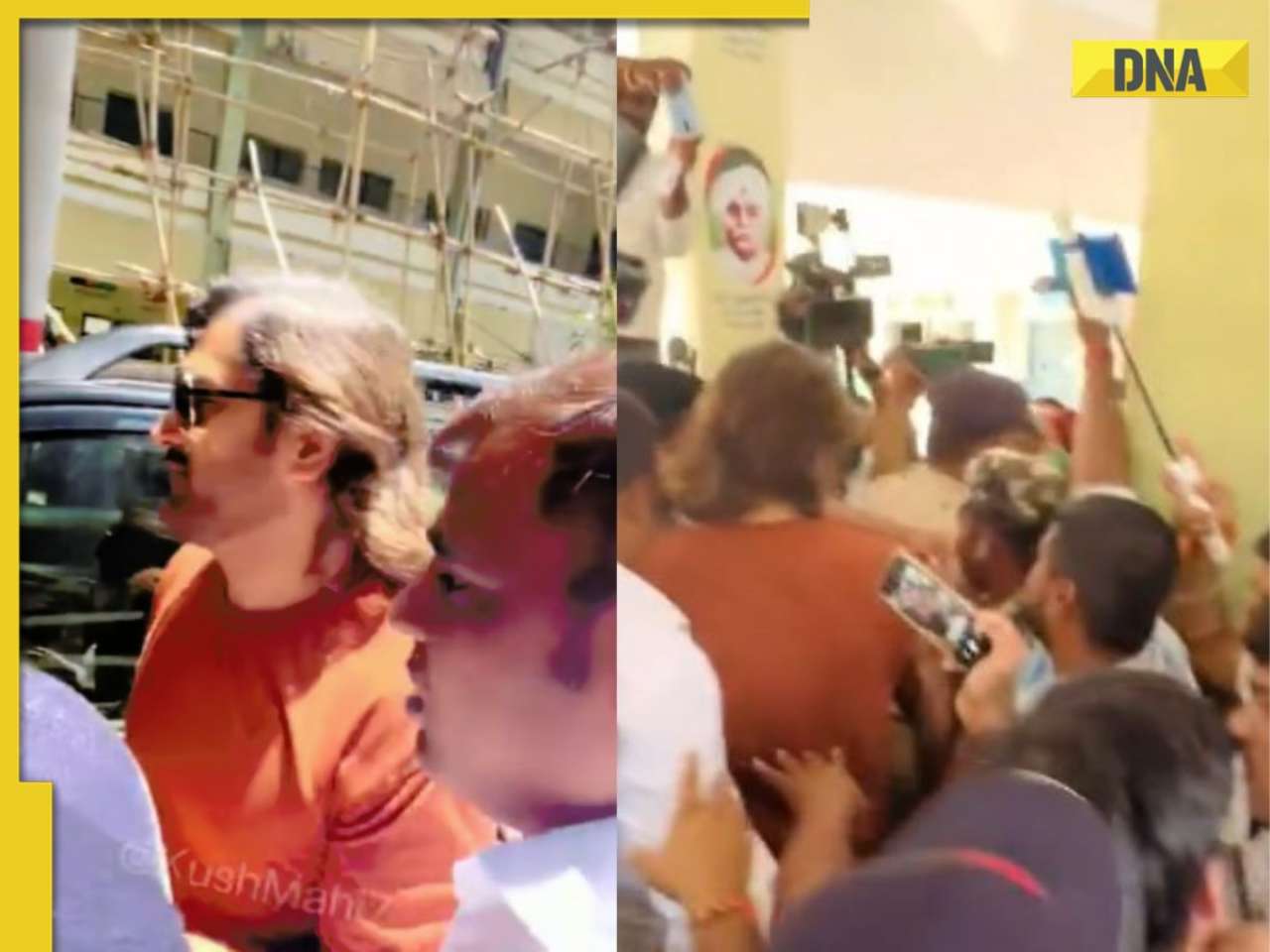
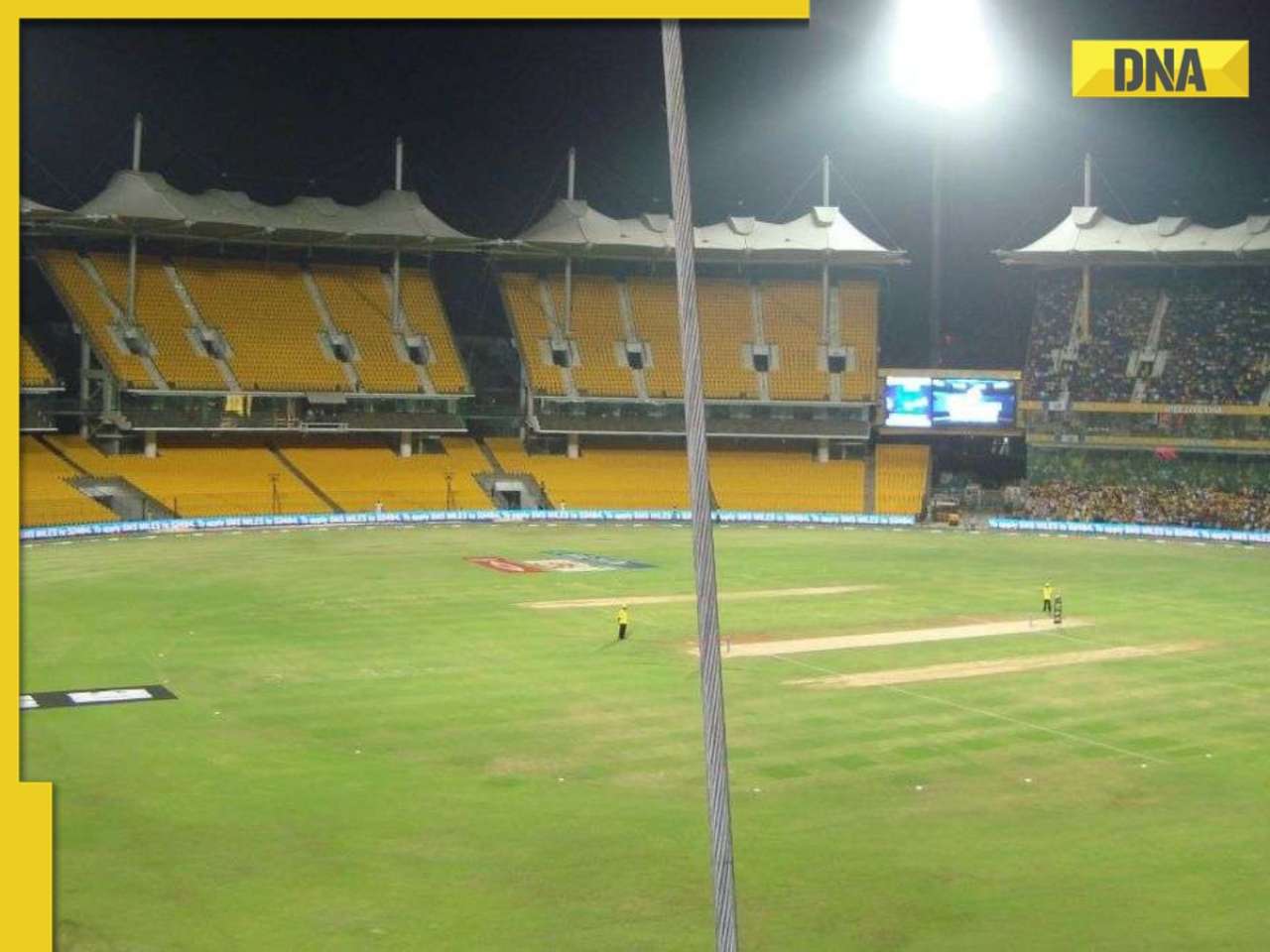


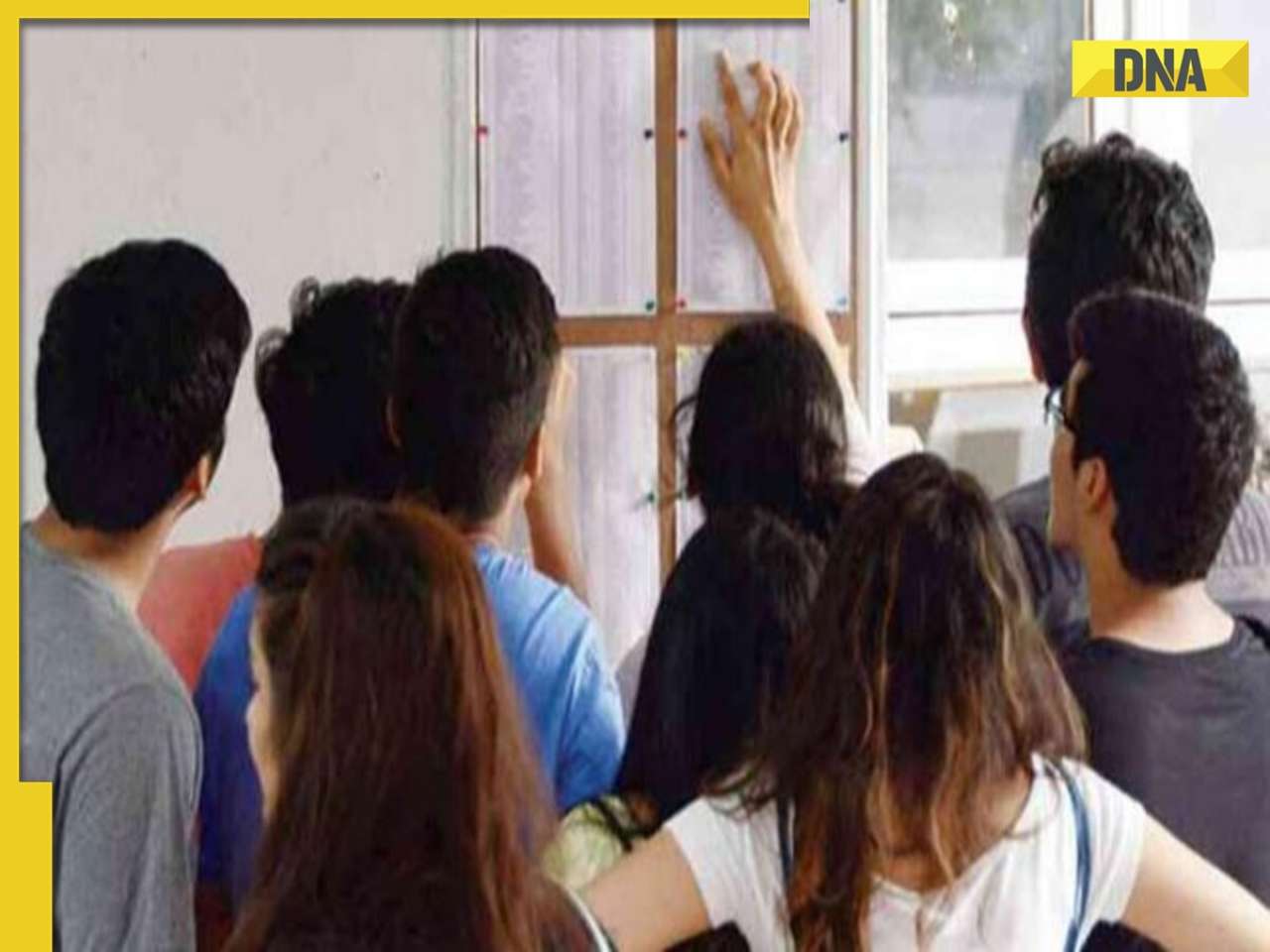





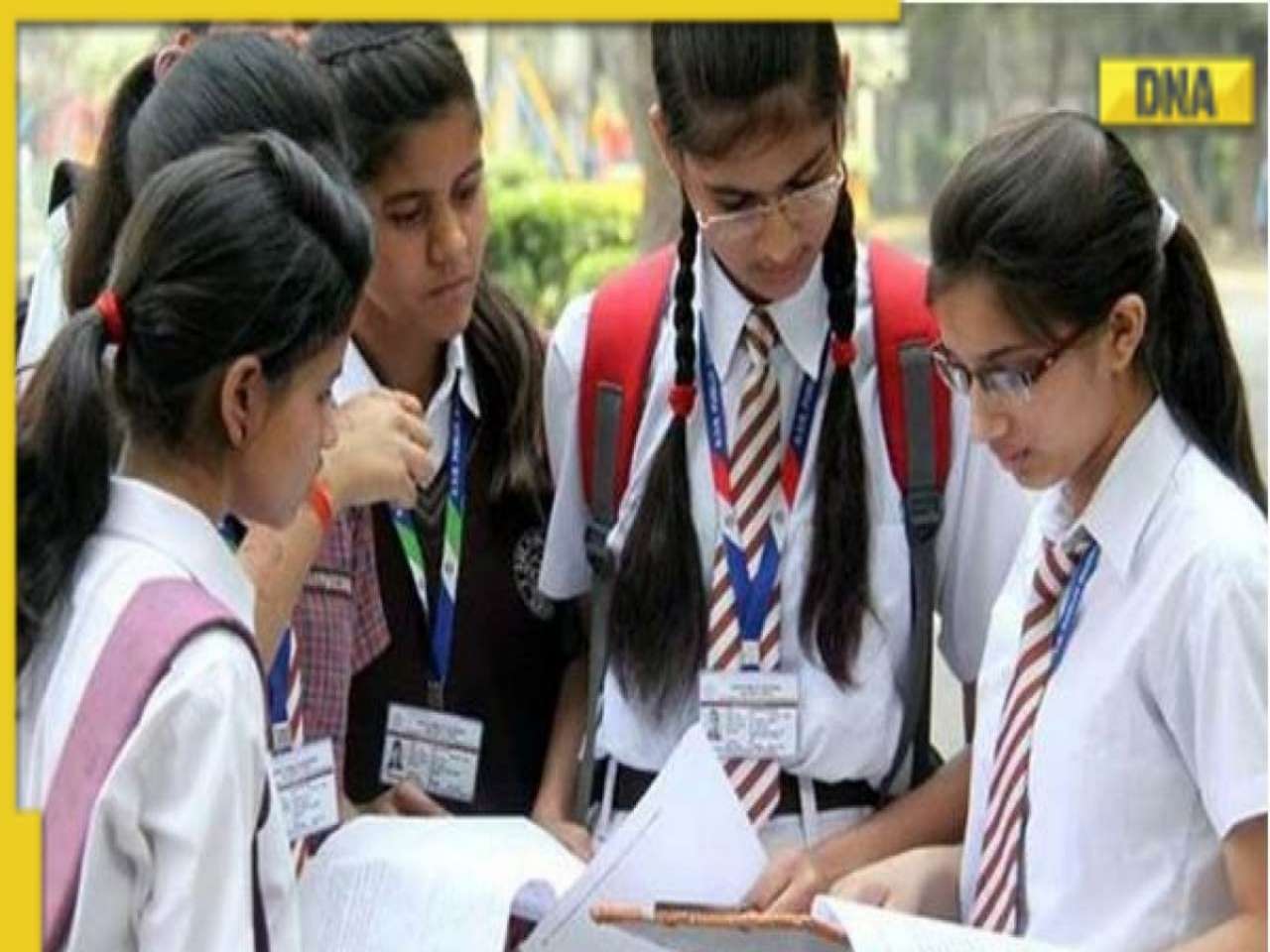
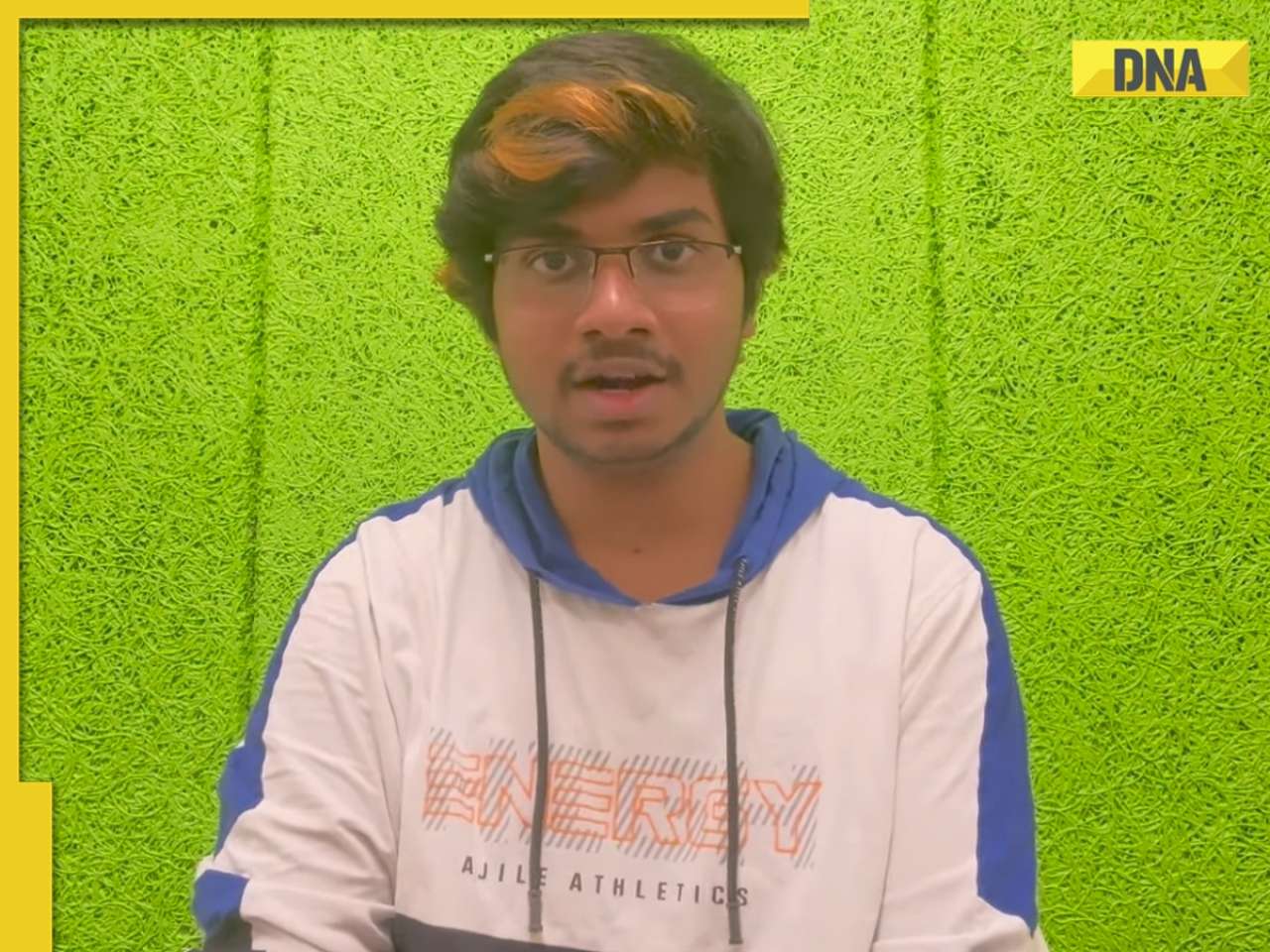
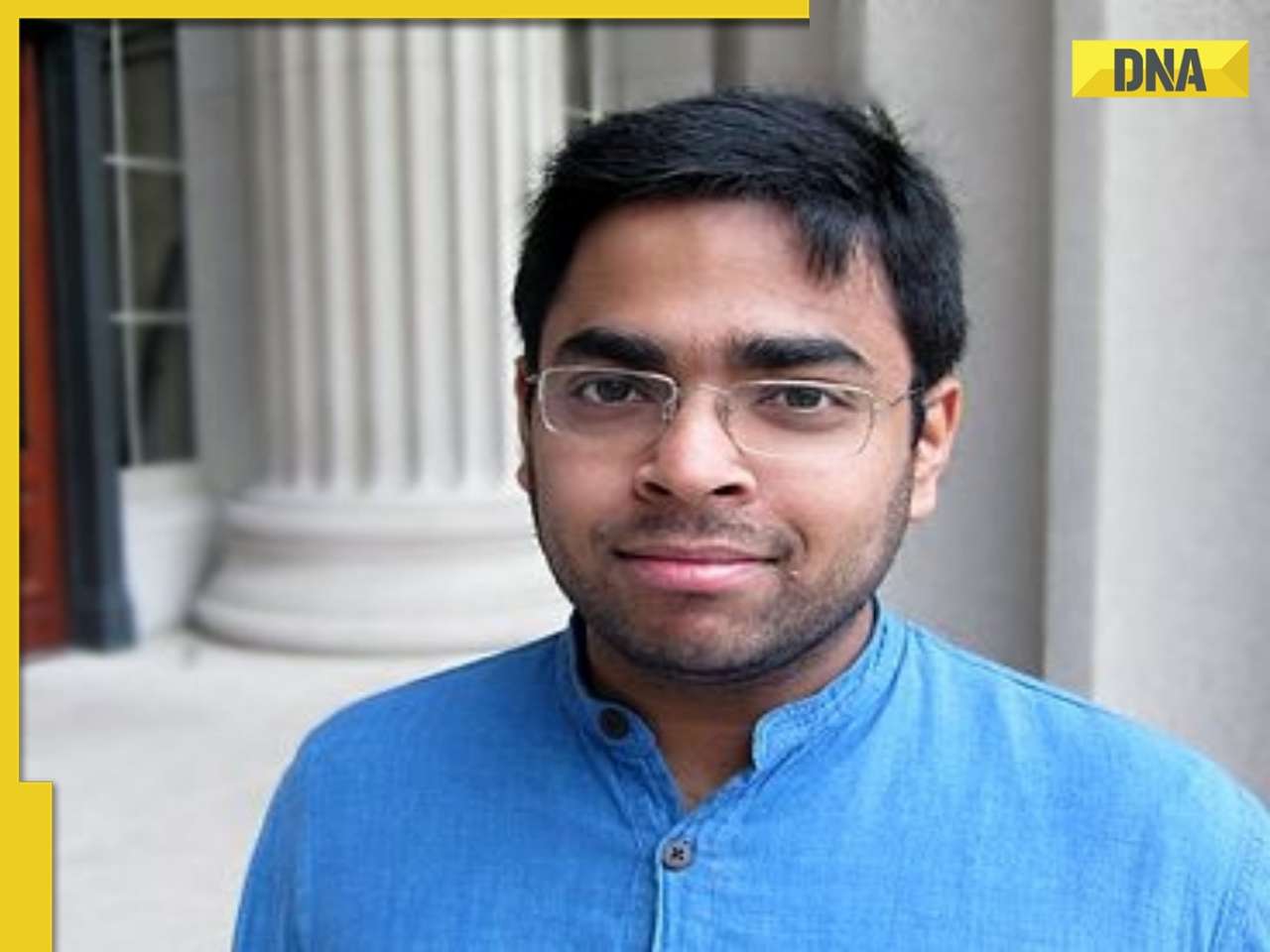
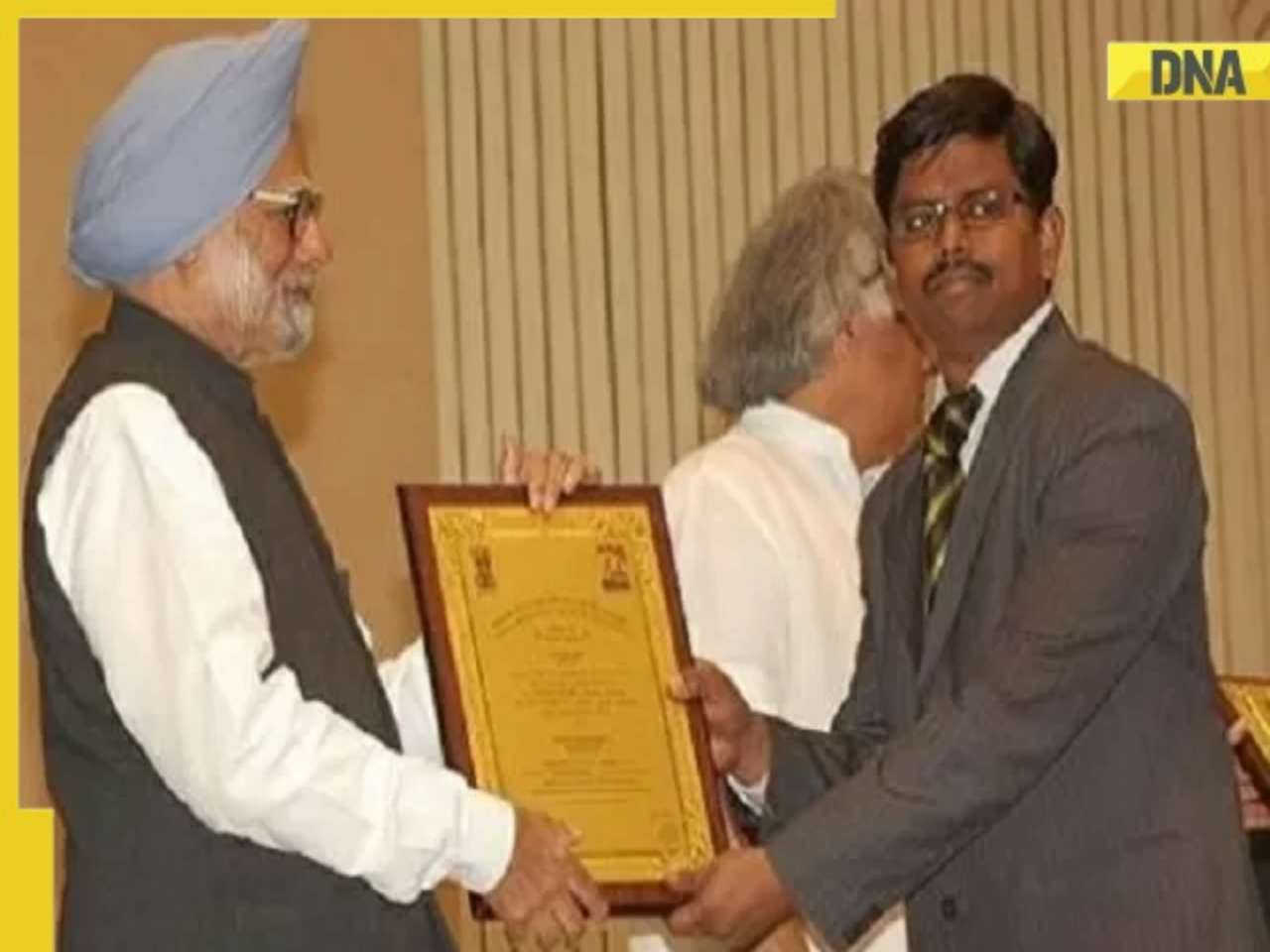

























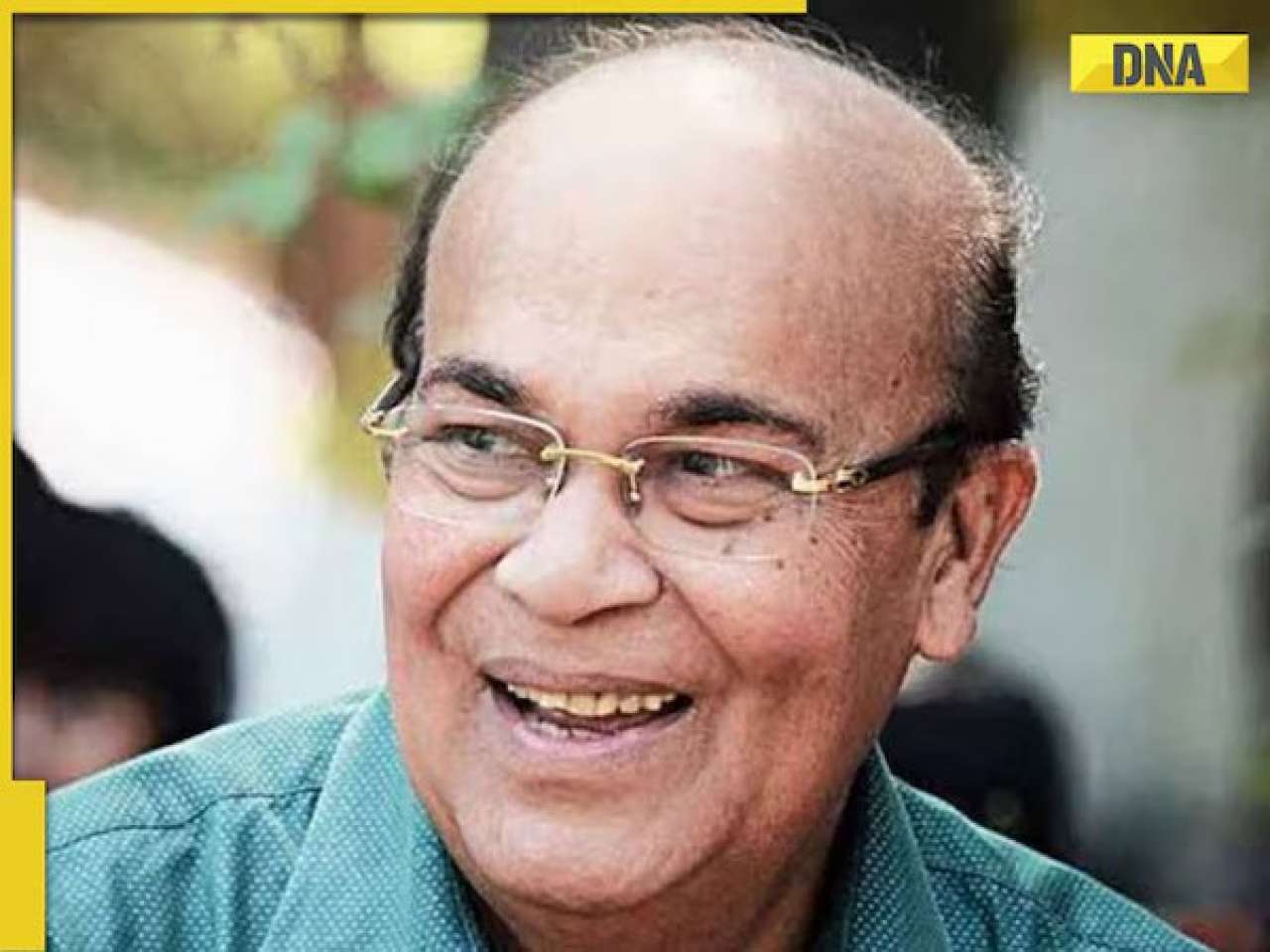
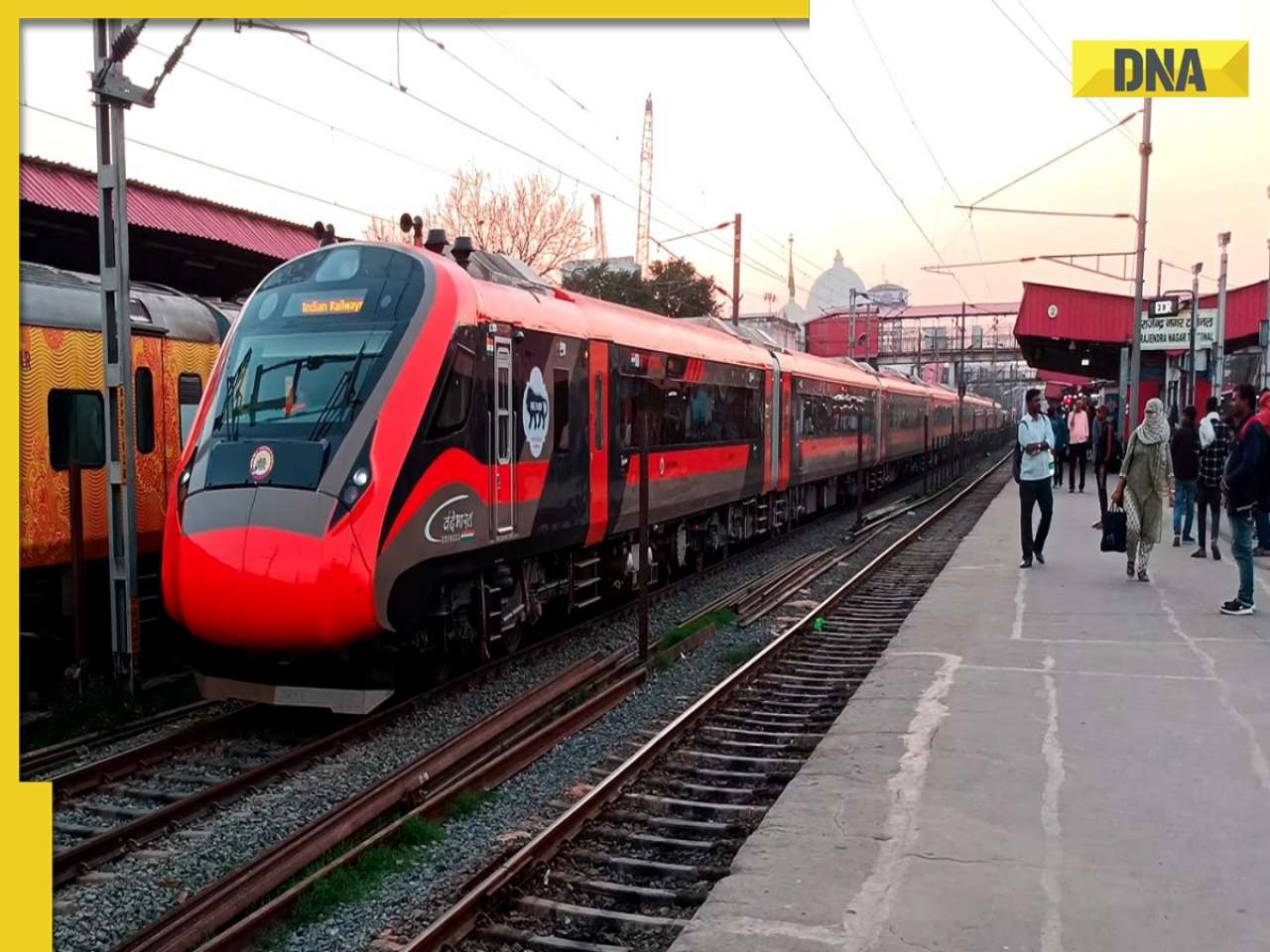



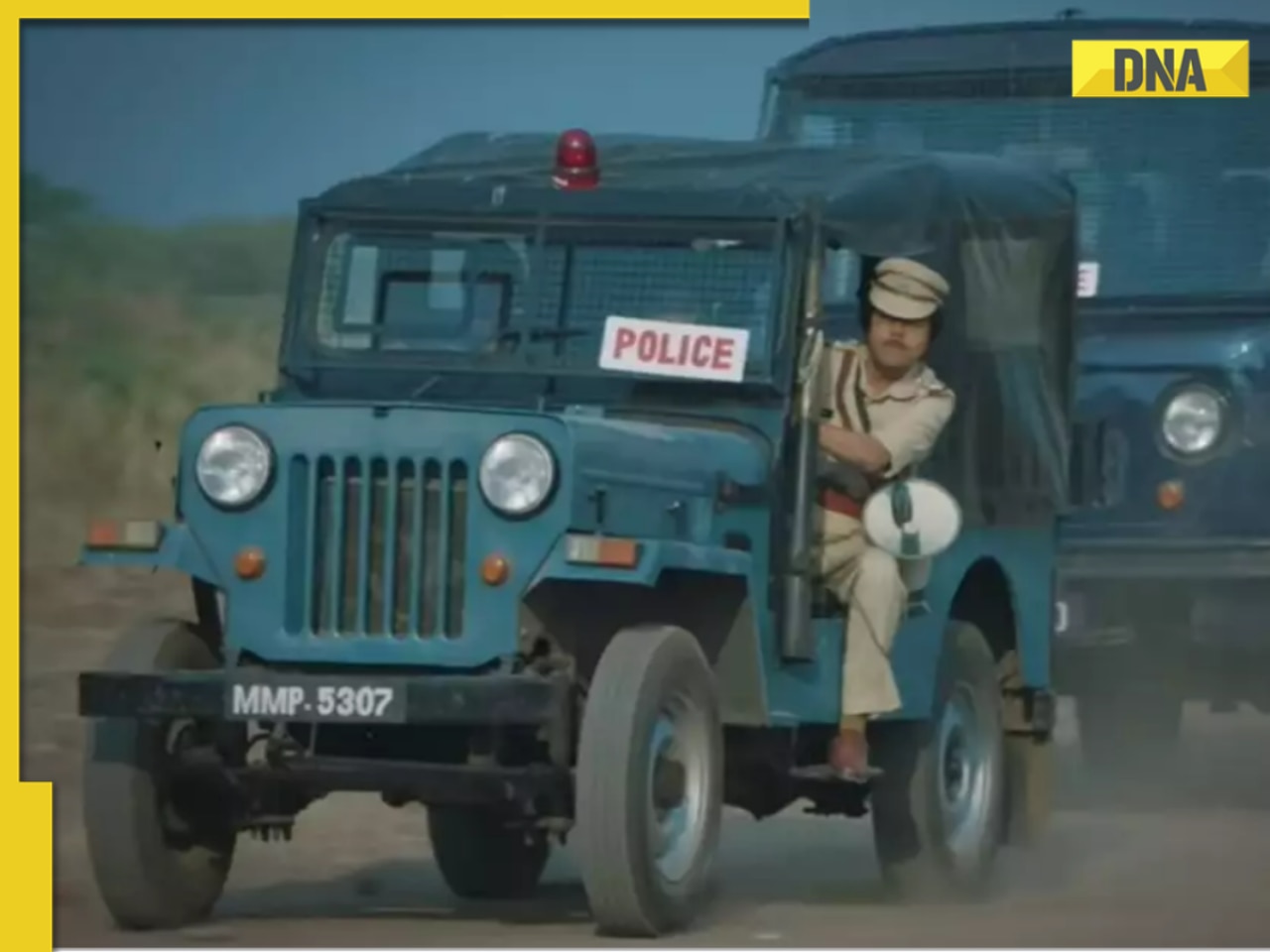


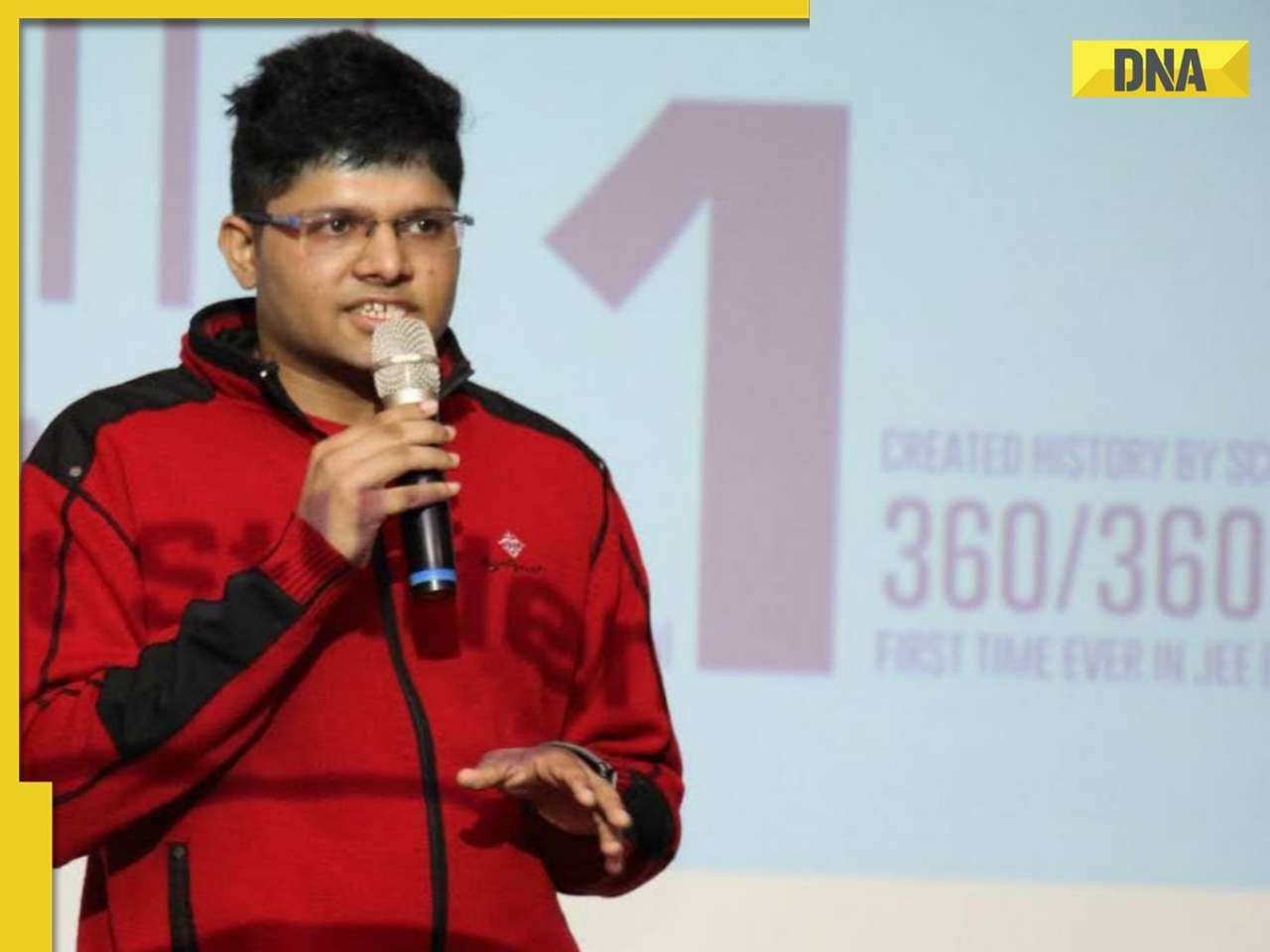
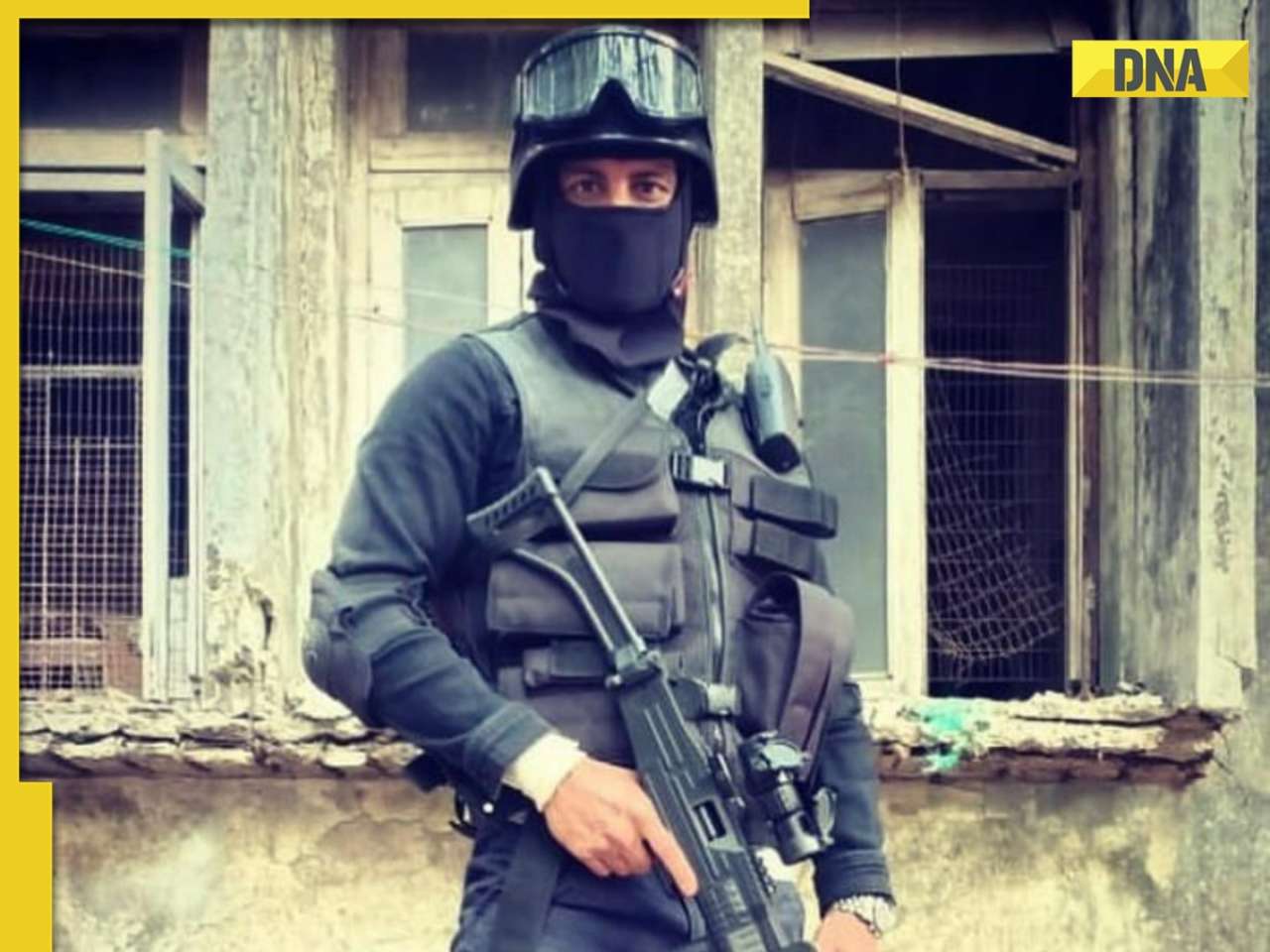





)
)
)
)
)
)